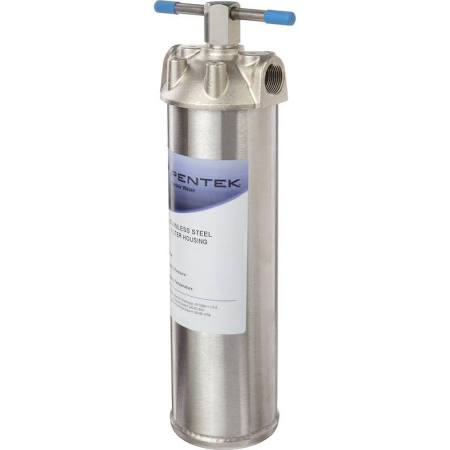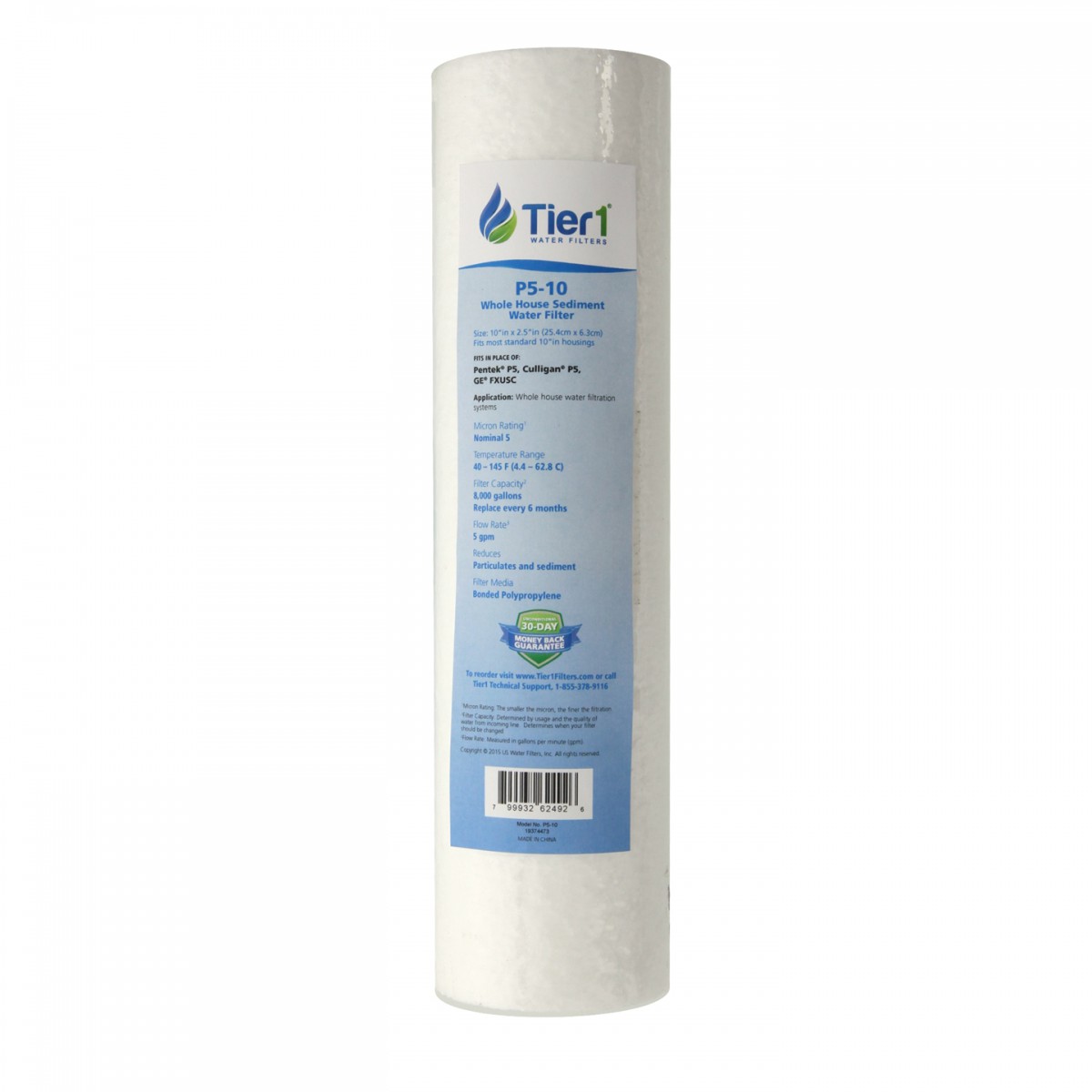what_barnacles
Guru
I couldnt accept paying $500+ for a gulfcoast F-1 filter, and I couldn't imagine how many filters it would take for my raycor filter to get the diesel cleaned back up. So I found something that works pretty good at a much lower cost.
For now I just have them hooked in at the engine so the fuel feed line goes to the filter and the filter goes to the walbro pump which then just pushes the fuel back to the tank via the engine return line. I took the filter out of the racor until I get the fuel clean again.
I decided to run clear tubing from the filter to the fuel pump so I could see how much gunk the filter removed from the fuel (if at all). The stuff is so gunked up that it plugged the racor up completely after 2 hours run time, the boat has sat for 8 years at the dock. It's black crude with lots of debris of some sort going into the filter and clear red tinted diesel coming out. I am really surprised at how clean the fuel looks.
Now the question is how many passes and how many filters will it take...
A week ago, the cost for the canister was $129, and the filters were $3.50. The place in the links is where I got them but the prices have jumped surprisingly higher so I would look around.
For the filter canister I bought one of these...
Pentek ST-1 Water Filter Housing - Stainless Steel

and for the filters I bought 10 of these...
P5-10 Tier1 Sediment Water Filter - DiscountFilterStore.com

For now I just have them hooked in at the engine so the fuel feed line goes to the filter and the filter goes to the walbro pump which then just pushes the fuel back to the tank via the engine return line. I took the filter out of the racor until I get the fuel clean again.
I decided to run clear tubing from the filter to the fuel pump so I could see how much gunk the filter removed from the fuel (if at all). The stuff is so gunked up that it plugged the racor up completely after 2 hours run time, the boat has sat for 8 years at the dock. It's black crude with lots of debris of some sort going into the filter and clear red tinted diesel coming out. I am really surprised at how clean the fuel looks.
Now the question is how many passes and how many filters will it take...
A week ago, the cost for the canister was $129, and the filters were $3.50. The place in the links is where I got them but the prices have jumped surprisingly higher so I would look around.
For the filter canister I bought one of these...
Pentek ST-1 Water Filter Housing - Stainless Steel
and for the filters I bought 10 of these...
P5-10 Tier1 Sediment Water Filter - DiscountFilterStore.com

